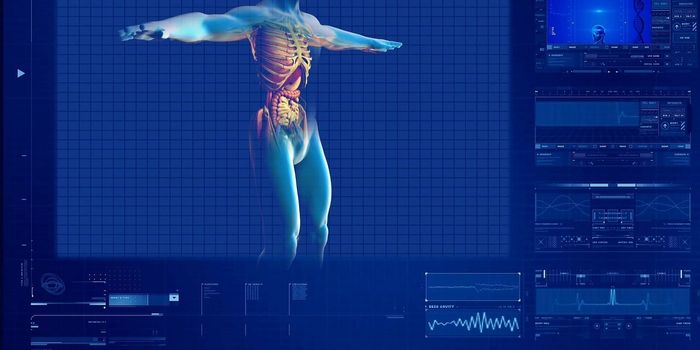There is no such thing as perfect surgery, even if the surgery is considered to be routine. Indeed,
a new FDA study found that LASIK, a type of corrective vision surgery, is not a silver bullet for those suffering from poor vision. The study cited a host of new eye issues reported by LASIK patients, which underscore the imperfect nature of this operation.

LASIK (short for laser-assisted in situ keratomileusis) is a procedure to correct vision problems like myopia, hyperopia, and astigmatism. During the operation, doctors use lasers to reshape the eye’s cornea to improve visual acuity. The procedure was approved by the FDA in 1998, but it wasn’t until the mid 2000s when this procedure became widely popular. In 2011, surgeons have performed over 11 million LASIK procedures in the US alone.
But behind the rising popularity of this procedure, FDA researchers found that a significant portion of LASIK patients reported new visual problems after the operation.
For the study, FDA researchers surveyed 262 active-duty Navy personnel and 312 civilians. The aim was to follow these LASIK patients for 6 months to assess quality of life post-LASIK. The team found that in 43 percent of the naval group and in 46 percent of the civilian group, patients reported new vision symptoms. These included seeing double images, glares, halos or starbursts. Some of these symptoms, the patients reported, adversely affected their ability to carry on daily activities, like driving at night or in high sun.
"To our knowledge, our study is one of the few that have reported the development of new visual symptoms,” the FDA researchers wrote in the study. The follow-up report cites a much higher prevalence of new symptoms than previous estimates for post-LASIK operations.
It’s not all bad news though. LASIK patients were, on the whole, more satisfied with their quality of life after the surgery. Indeed, their visual acuity was better post surgery, despite the occurrence of new symptoms.
Nevertheless, the researchers emphasized that “although the magnitude of the development of symptoms is uncertain, patients undergoing LASIK surgery should be adequately counseled about the possibility of developing new visual symptoms after surgery prior to undergoing this elective procedure.”
"Laser vision correction surgery can be a wonderful procedure, but it has to be for the right patient," said Mark Fromer, an ophthalmologist not associated with the study. "It has to be for the patient who is willing to accept any of the possible side effects that sometimes can occur with LASIK, such as dry eye or eye glare or double image."
Additional sources:
Live Science









